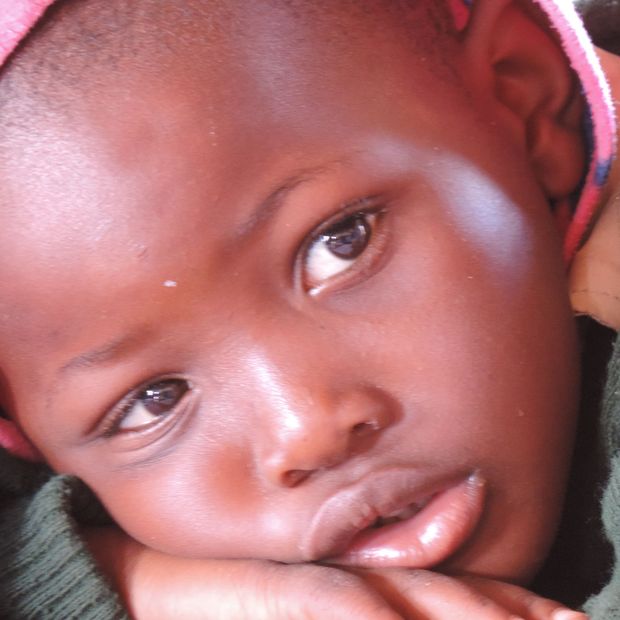Projects
Brandenburg (Germany)
Major project: Foundation Forest in Brandenburg
Baden Württemberg (Germany)
Habitats for threatened species
Education projects in BW Germany
Africa
Investment in Africa
Why Africa?
The African continent is on the way to increasing overpopulation. Gross domestic product per capita, the birth rate per African woman and illiteracy tend to be related. The educational level of the population is to a large extent the determining factor for the gross domestic product (GDP) per capita and the birth rate of a nation. However, the level of education is influenced by political, financial and cultural influences. To this day, most of the African population, especially girls and women, are denied education and vocational training. Career opportunities mean protection from exploitation, the chance to emancipate and the opportunity to develop. Only in this way can a long-term basis for a better life be created. Education is often the only way out of escaping oppression and heteronomy.
In many African countries, deforestation and burn agriculture lead to a dramatic reduction of primeval and rainforests sometimes to desertification. The competition between wild natural landscapes and the growing needs of indigenous people and the hunger for raw materials has led to dramatic changes in natural habitats. Species extinction and climate change are also consequences of this development. The "Forest creates future" foundation is therefore also involved in this area with reforestation projects and initiatives designed to harmonize the interaction between humans and nature, especially in peripheral regions of protected national parks.
Basis: Declaration of Human Rights
Article 26 (1) and (2) of the United Nations Universal Declaration of Human Rights of 10 December 1948 is clear.
(1) Everyone has the right to education. Education is free, at least basic education and basic education. Primary education is compulsory. Specialist and vocational education must be made widely available, and higher education must be open to all equally according to their abilities.
(2) Education must be directed towards the full development of the human personality and the strengthening of respect for human rights and fundamental freedoms. It must contribute to the understanding, tolerance and friendship between all nations and all racial or religious groups, and should be conducive to United Nations action for the maintenance of peace.
Procedure of project selection
However, this right is not implemented in many African countries because of the lack of financial resources needed to build schools due to lack of teachers or cultural reasons.
Here the Foundation startet first activities. Of course, the range of activities can be extended to different areas of education (education, vocational training, integrative development of sectors such as agriculture or other professional and employment sectors, health care, etc.).
A first selection of concrete projects is done. Initially, foundations are being consulted that already move in the mentioned field. The idea was to incorporate valuable experiences of foundations and the Federal Ministry for Economic Cooperation and Development in the decision-making processes and the start-ups of own projects. We allready started first activities since beginning of 2019.
An important part of this project work is the methodology. The work should be fun for everyone involved and it should be effective and sustainable. The participatory system has proved to be effective in many foundations
Commitment to Germany
The changes caused by climate change affect especially agriculture and forestry. Will we need adapted seed and plant material in the future? Are further changes in the handling of the known crops necessary? What other plants and tree species can we transfer to our agricultural land and forests? These and other questions must be answered in the future and their solutions made more concrete. Here different approaches are conceivable. In addition to the exploitation of research results from universities and relevant institutions, the Foundation "Forest Creates Future" prefers long-term field trials on agricultural and forest land. Cooperation with agricultural or forest area in the broadest sense improve in certain circumstances the research conditions.
The growing organic market could provide support here, while encouraging efforts to use less synthetic fertilizers and pesticides.
Especially in the area of food production, links between organic farming and development projects are conceivable. The partly less developed countries of Africa often have an agrarian economy based on small farmers. Here, sustainable organic farming is often an opportunity for the preservation of this structure and for the operating family farms. But it is not just about agriculture. If one wants to support the competitiveness of farmers and processors, it will be necessary to leave at least part of the value chain in the processing of agricultural products in Africa or to even install them there.
The topic of waste prevention is becoming more important. But it takes more good ideas and collaboration with the government or private institutions to find and generate far-reaching solutions. This also applies to the recycling of waste into known and new value chains. Whether the foundation can be active here is not clear.
But also waste disposal from our forests, as well as education about existing practical waste disposal and recycling possibilities can already be effective. Here is still fallow potential, which can be edited with little effort.
Young people will live in a world of climate change and big changes in our environment. Awareness of ownership of our environment and our understanding of how nature interacts locally and globally is underdeveloped. With practical educational units, the "Forest Creates Future" foundation supports schools in their task of imparting learning content in the field of sustainability, the water cycle and forestry. An important and current topic is the insect killing, which grows mainly due to intensive agriculture and is steadily increasing.

![[Translate to Englisch:] Engagement für Umweltschutz](/fileadmin/_processed_/6/f/csm_Umweltschutz_40423ec2a8.jpg)